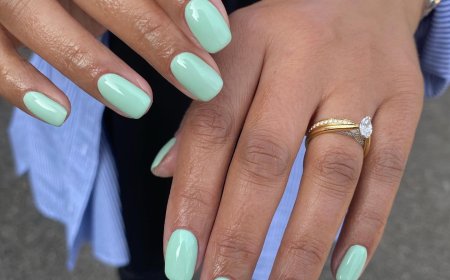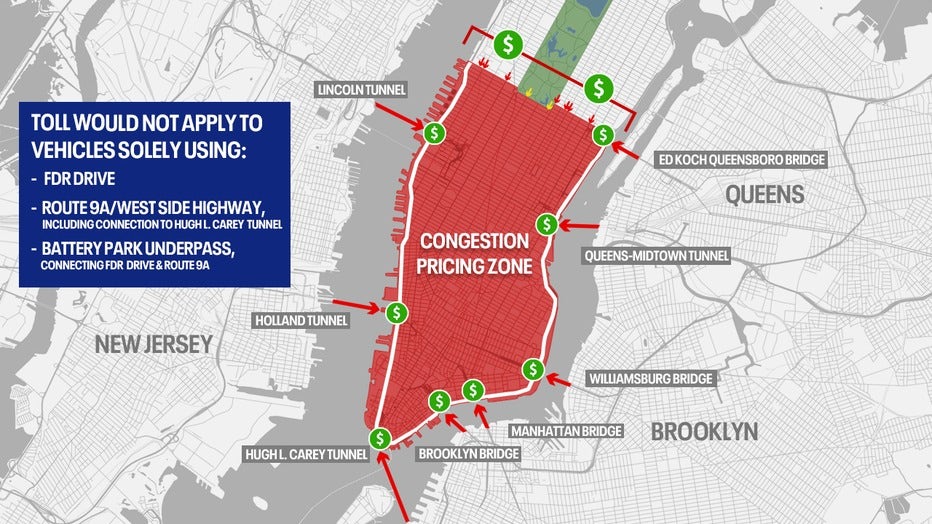Boyfriend Turned Down a BJ? What It Means & How to Handle It

In the realm of intimate relationships, communication and understanding remain pivotal. Sexual dynamics can be intricate, and when one partner expresses reluctance or rejection to engage in a sexual act—such as oral sex—it may evoke a myriad of emotions ranging from confusion to resentment. This article explores the implications of a boyfriend declining a blowjob, examining potential motivations behind this decision and offering strategies for navigating the subsequent feelings and conversations that arise.
Understanding the Psychology of Rejection
Initially, it is essential to consider the myriad psychological factors that may contribute to a boyfriend’s decision to decline oral sex. First and foremost, an individual’s personal beliefs about sexuality can play a significant role. Cultural background, upbringing, and personal values all contribute to the formation of one’s sexual norms and preferences. For instance, someone raised in a conservative environment may perceive oral sex as taboo or inappropriate, even within a consensual relationship.
Moreover, psychological aspects such as anxiety and self-esteem can heavily impact sexual willingness. A person might feel insecure about their body or performance, leading to avoidance of sexual situations. Fear of judgment or performance anxiety may deter a partner from engaging in acts that require vulnerability. It is critical to recognize that the rejection of a sexual advance should not be solely interpreted as a rejection of one’s desirability; it may stem from an internal conflict that warrants further exploration rather than impulsive conclusions.
Physical and Health Considerations
Another significant dimension to explore lies within the realm of physical health. Certain medical conditions can impact a person's sexual performance and preferences. For example, anxiety disorders, depression, and chronic illnesses can lead to decreased libido or aversion to specific sexual activities. Additionally, oral health issues, such as dental pain or infections, may influence one's ability or desire to engage in oral sex.
It is also essential to recognize that sexual preferences evolve. People go through different phases in their sexual journey; past traumas or newfound beliefs about sexual health may alter previously enjoyed activities. Some individuals may deliberately avoid oral sex due to concerns about sexually transmitted infections (STIs), prioritizing safety over pleasure. In such cases, initiating an open dialogue about sexual health can reassure both partners and encourage a safer, more fulfilling sex life.
What His Rejection Might Signal About the Relationship
When a boyfriend declines a blowjob, the implications for the relationship can be profound. While it is paramount to emphasize that one refusal does not define the state of the relationship, recurrent denials could signal deeper issues. Such scenarios often necessitate introspection and communication to assess the emotional landscape of the partnership.
In some instances, rejection of sexual advances may illuminate existing disconnects in intimacy or affection. A partner may feel emotionally distant, leading to a decrease in sexual engagement. Conversely, the rejection may highlight underlying discord—a lack of chemistry, differing sexual appetites, or unresolved conflicts within the relationship. It is crucial to evaluate the broader context: Are both partners invested in growth and shared experiences, or are one or both parties feeling unfulfilled?
Strategies for Addressing the Situation
When faced with the emotional aftermath of a boyfriend turning down a sexual advance, the pathway forward demands maturity and open communication. Engaging in a meaningful dialogue can foster understanding and strengthen the relationship. Here are some strategies to consider:
1. Initiate a Calm Conversation
Approach the situation with empathy and a genuine desire to understand. Frame the conversation as an opportunity for connection rather than confrontation. Avoid placing blame; instead, express your feelings about the incident while inviting your partner to share their perspective. Understanding their rationale for the rejection can provide valuable insights into their emotional state and comfort levels.
2. Explore Emotional Intimacy
Sometimes, physical expressions of love can reflect deeper emotional issues. Explore avenues for emotional intimacy that do not center around sexual expression. Plan activities that foster connection, such as co-cooking a meal or engaging in hobbies together. Strengthening emotional bonds may pave the way for improved physical intimacy in the future.
3. Reassess Sexual Compatibility
This moment may warrant a comprehensive evaluation of sexual compatibility within the relationship. Are both partners on the same page regarding sexual desires and boundaries? Initiating discussions about sexual preferences and boundaries allows both individuals to articulate their needs without fear of judgment. In doing so, it becomes possible to navigate discrepancies between desires constructively.
4. Prioritize Individual Well-being
Regardless of the outcome of the conversation, it is vital to focus on personal well-being. Engaging in activities that bolster self-esteem and emotional health can provide clarity and facilitate personal growth. Whether through social interaction, exercise, or creative outlets, nurturing oneself during emotionally charged times is crucial for maintaining balance.
Navigating Future Sexual Encounters
In situations where rejection becomes a recurring theme, a discerning approach is warranted to evaluate the health of the relationship. Continuous communication about sexual preferences shifts can provide invaluable insight into emotional and physical compatibility. Moreover, it is essential to approach future sexual encounters with openness and adaptability, respecting each partner’s evolving needs and boundaries as the relationship progresses.
Conclusion
Experiencing rejection in a sexual context can provoke confusion, pain, and self-doubt. Nevertheless, it presents an opportunity for profound personal and relational growth. By fostering open communication, exploring emotional dynamics, and prioritizing personal well-being, couples can turn a moment of rejection into a catalyst for deeper intimacy and a more fulfilling partnership. Understanding your partner's perspective, being open about your feelings, and working together towards a solution emphasizes the fundamental principles of a healthy relationship, founded on mutual respect and understanding.
What's Your Reaction?
 Like
0
Like
0
 Dislike
0
Dislike
0
 Love
0
Love
0
 Funny
0
Funny
0
 Angry
0
Angry
0
 Sad
0
Sad
0
 Wow
0
Wow
0









:max_bytes(150000):strip_icc()/drugstore-retinol-creams-tout-f76b9d2796e34eaa8376801c83fb1888.jpg)

















